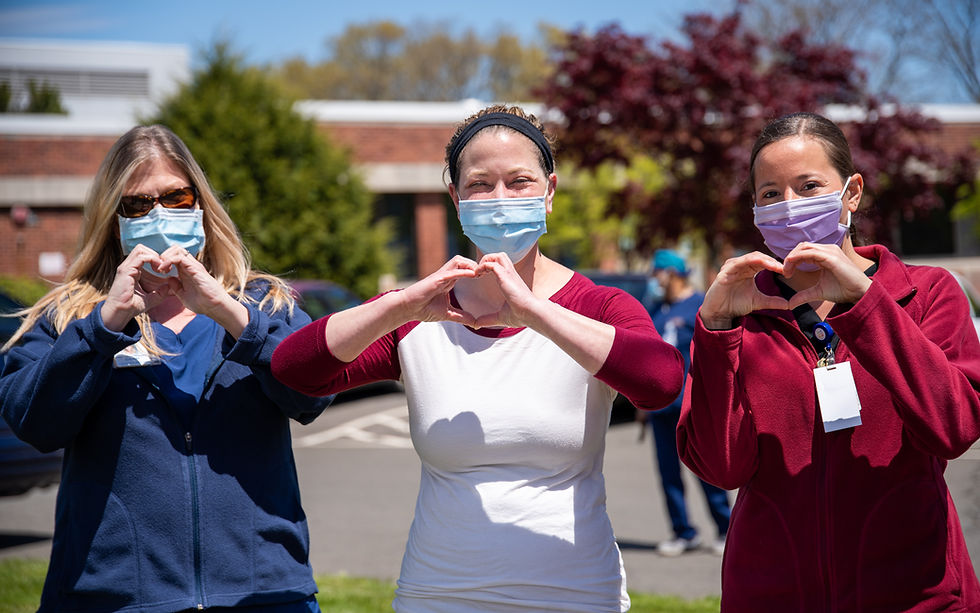Coaching Wisdom: Richard Boyatzis
- Oct 6, 2020
- 2 min read

A few years ago I sat with Richard Boyatzis in his office at Case Western. Richard presented at our 2011 and 2012 conferences; our members can access the video of his terrific 2011 presentation. We discussed how coaches might approach the topic of neuroscience and coaching.
Richard’s wisdom has endured:
Neuroscience discoveries are flooding in and yet our understanding of how the brain works is in its infancy. For example, the main scanning tools that show brain activity do not distinguish between pathways of up-regulation and down-regulation. The state of neuroscientific tools and studies is primitive relative to the richness, complexity, diversity, and messiness of human experience and change.
When the media reports on a cool, new brain science study, we forget that the results are preliminary, haven’t been replicated and could easily be overturned in the future.
Neuroscience is one scientific domain that can inform and inspire coaches, and it is one of many. Beware of over-emphasizing its impact. Seek insights from a wide array of human endeavors.
Don’t get attached to a particular coaching model and it’s underpinnings. Get curious about new scientific discoveries. Be ever ready to let go of coaching models that you relied upon. Invent and adopt new ones when new discoveries emerge.
What I love about the impact of neuroscience today is that it evokes intense curiosity. How the heck DOES my brain work? What is my mind? Where is my mind right now? How do I change my mind or mindset? What do my emotions do to my mind and brain? What most enhances my creativity? What gives me more brain energy? It also offers lots of new ideas and metaphors around topics like attention, focus, mindfulness, agility, self-regulation, impulsivity and neuroplasticity.
In case you missed it, Vago and Silbersweig at Brigham and Women’s Hospital published an interesting framework for mindfulness in 2012 relevant to coaching titled Self-awareness, self-regulation, and self transcendance (S-ART): a framework for understanding the neurobiological mechanisms of mindfulness. The S-ART model aligns nicely with the coaching process – raising awareness, self-regulating a change process of mindset and behavior in order to transcend current limitations.
What are your favorite neuroscience resources and studies? Please share!
Coach Meg




Comments